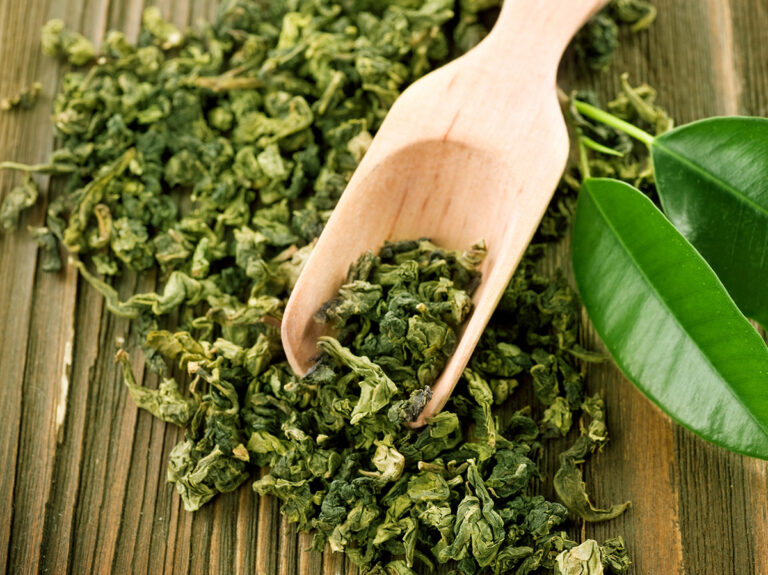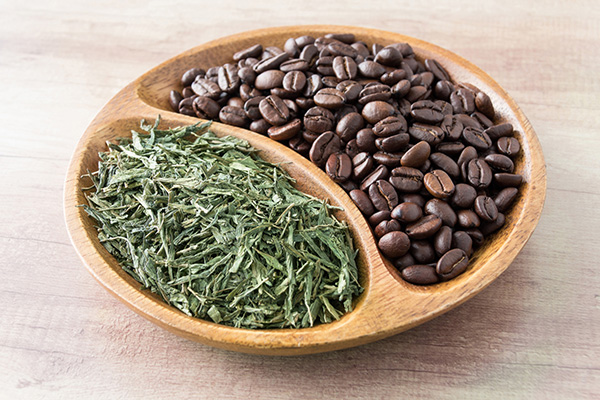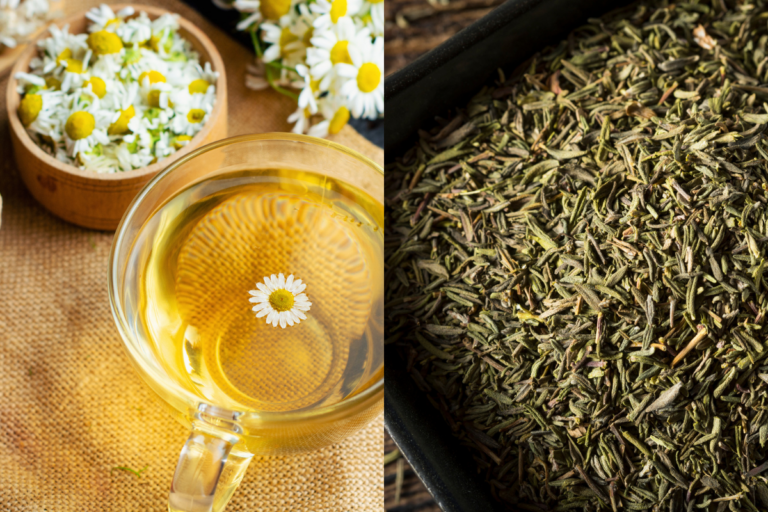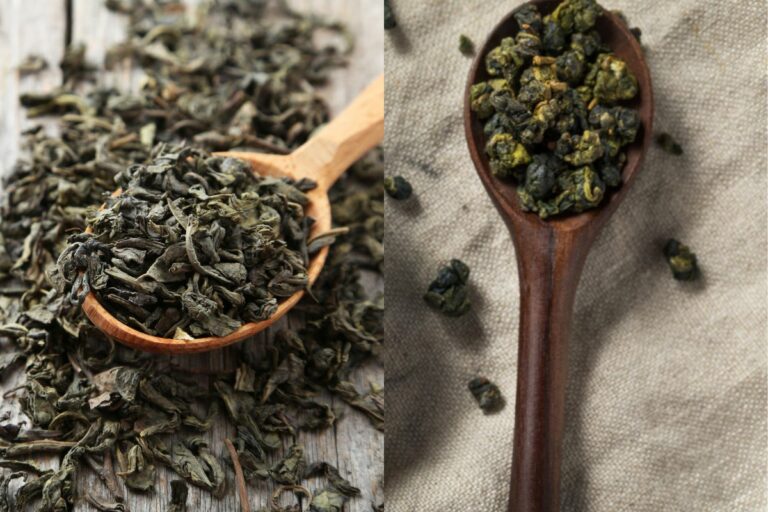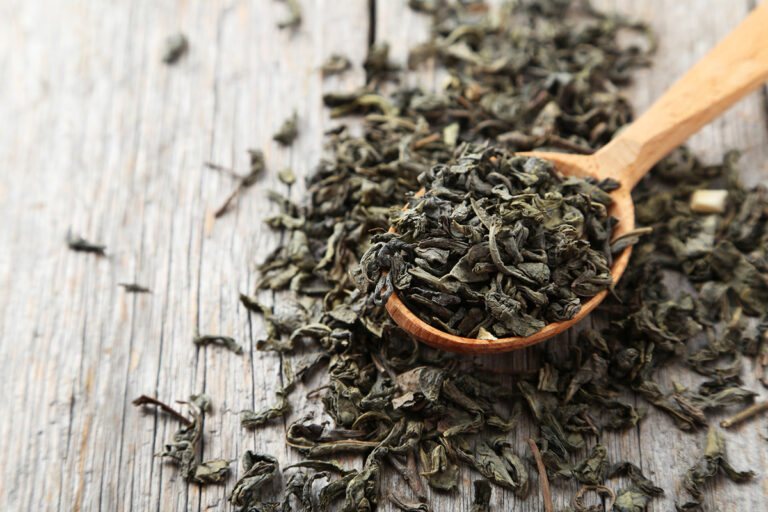Does Green Tea Extract Have Caffeine?
Green tea extract is derived from the leaves of the Camellia sinensis plant, which is the same plant that produces black and oolong teas. The primary difference between green tea and its counterparts is the method of processing. Green tea leaves are not fermented, allowing them to retain their natural color and potent antioxidants.
The extract is often used in supplements, food, and beverages for its various health benefits.
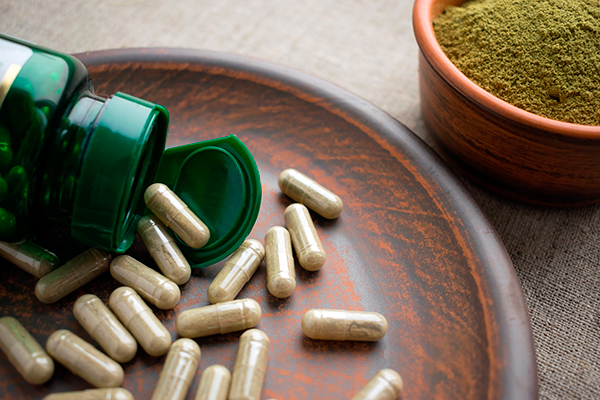
Does Green Tea Extract Have Caffeine?
Yes, green tea extract does contain caffeine. The caffeine content in green tea extract varies depending on the concentration and processing method used. Generally, green tea extract contains between 2% and 4% caffeine by weight.
The translation of the percentage of caffeine in green tea extract into milligrams depends on the weight of the extract being consumed. For example, if you were consuming 500 mg of green tea extract with a caffeine concentration of 2%, you would be consuming 10 mg of caffeine (500 mg x 0.02 = 10 mg). Similarly, if the extract has a 4% caffeine concentration, then the 500 mg of green tea extract would contain 20 mg of caffeine (500 mg x 0.04 = 20 mg).
For comparison, a cup of brewed green tea typically contains about 25-45 milligrams of caffeine, whereas a cup of brewed coffee contains around 95-200 milligrams.
How Much Caffeine Is in a Capsule of Green Tea Extract?
Caffeine extract is often available in the form of pills or capsules. The amount of caffeine per pill can vary depending on the brand and formulation.
On average, a caffeine pill may contain anywhere between 50 mg and 200 mg of caffeine.
However, it is essential to read the product label for the exact caffeine content and consult a healthcare professional to determine the appropriate dosage for your individual needs.
Factors Affecting Caffeine Levels
The caffeine content in green tea extract can be influenced by several factors:
- Extraction method: The process used to extract green tea compounds can affect the concentration of caffeine in the final product. Some extraction methods are designed to selectively isolate certain compounds, which may lead to higher or lower caffeine levels.
- Plant variety: Different varieties of the Camellia sinensis plant can have varying levels of caffeine. While there is not a significant difference in caffeine content among most varieties, some types may produce a slightly stronger extract.
- Growing conditions: The environment in which the tea plant is grown can also impact the caffeine content. Factors such as soil quality, sunlight exposure, and altitude can all influence the amount of caffeine in the leaves.
- Processing: The way the green tea leaves are processed can also affect the caffeine content. Techniques like steaming or pan-firing the leaves can alter the chemical composition of the tea, which may result in varying caffeine levels.
Decaffeinated Green Tea Extract
For individuals who want to enjoy the benefits of green tea extract without the caffeine, there are decaffeinated options available. Decaffeinated green tea extract is processed to remove most of the caffeine content while still retaining the beneficial compounds like antioxidants.
However, it’s important to note that decaffeinated green tea extract may still contain trace amounts of caffeine. If you are highly sensitive to caffeine or need to avoid it entirely, be sure to check the label and consult with a healthcare professional before using decaffeinated green tea extract.
Benefits of Caffeine in Green Tea Extract
While some individuals may be sensitive to caffeine, there are potential benefits to consuming caffeine in moderate amounts. When consumed in green tea extract, caffeine has been shown to:
- Boost metabolism: Caffeine is known to increase the body’s metabolic rate, which can aid in weight loss and management.
- Enhance mental focus: Caffeine can help improve alertness and cognitive function, making it easier to concentrate and complete tasks.
- Increase exercise performance: Some studies have suggested that caffeine may enhance physical performance by reducing perceived exertion and increasing endurance.
Conclusion
Green tea extract does contain caffeine, with levels varying depending on the extraction method, plant variety, and processing techniques. For those sensitive to caffeine or looking for a caffeine-free option, decaffeinated green tea extract is available. While caffeine may not be suitable for everyone, moderate consumption of green tea extract can provide numerous health benefits, such as improved metabolism, mental focus, and exercise performance.

